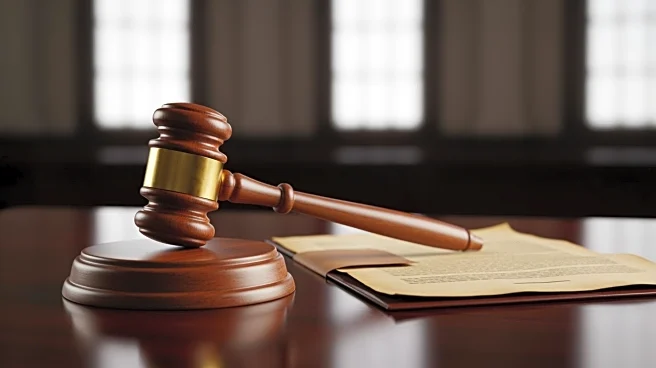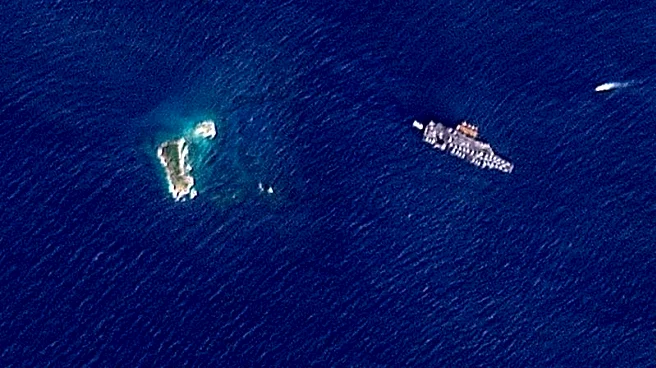What's Happening?
A federal judge has ordered the Department of Justice to release grand jury materials to former FBI Director James Comey's defense team, citing 'investigative missteps' and 'government misconduct' in the case.
Comey, who was charged with making false statements and obstruction of justice, has pleaded not guilty. The judge's decision follows concerns about the legality of the prosecutor's appointment and the integrity of the grand jury process. The ruling is seen as an extraordinary remedy to protect Comey's rights, suggesting that the case may have been tainted by procedural errors.
Why It's Important?
The judge's ruling highlights significant concerns about the integrity of the legal process in politically sensitive cases. The decision to release grand jury materials is rare and underscores the seriousness of the alleged procedural irregularities. This case could have broader implications for the DOJ's handling of politically charged investigations, potentially affecting public trust in the legal system. The ruling also raises questions about the appointment and actions of Lindsey Halligan, the prosecutor in the case, and whether political motivations influenced the indictment process.
What's Next?
The DOJ may appeal the judge's order, seeking to prevent the release of grand jury materials. If the appeal is unsuccessful, Comey's defense team will gain access to potentially crucial evidence that could impact the outcome of the case. The legal proceedings will continue to be closely watched, with potential implications for other cases involving political figures. The judge's decision may prompt further scrutiny of the DOJ's practices and lead to calls for reforms to ensure fair and unbiased investigations.











